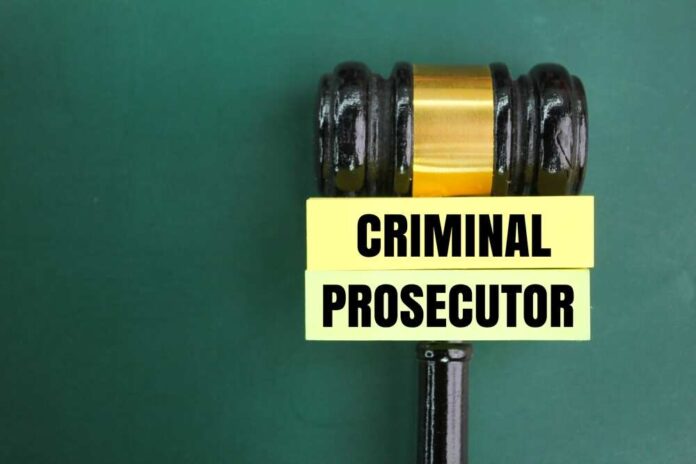
California voters have decisively shifted the state’s criminal justice landscape, ousting progressive prosecutors and approving tougher crime measures in the 2024 elections.
At a Glance
- Proposition 36, which increases sentences for drug and theft charges, passed with over 70% support
- Progressive district attorneys, including George Gascón in L.A. County, were voted out
- New measures aim to reverse leniencies from previous reforms like Proposition 47
- Concerns arise over potential increases in incarceration rates and implementation challenges
- The shift reflects growing voter prioritization of public safety over reform initiatives
California’s Dramatic Shift in Criminal Justice Policy
The 2024 elections in California marked a significant turning point in the state’s approach to criminal justice. Voters overwhelmingly supported Proposition 36, a measure designed to increase penalties for certain drug and theft offenses, effectively rolling back some of the leniencies introduced by the earlier Proposition 47. This new law passed with over 70% support in nearly all California counties, signaling a clear mandate for a tougher stance on crime.
Alongside this legislative change, voters also chose to replace several progressive prosecutors. In Los Angeles County, George Gascón, known for his reform-oriented policies, lost his re-election bid to Nathan Hochman, who campaigned on a platform balancing public safety with effective criminal justice reform. Similarly, in Alameda County, voters recalled Pamela Price, another prosecutor associated with progressive policies.
Voters favored a tougher approach to crime by passing Prop 36, and appear to have turned on California’s cast of progressive prosecutors not long after they thundered into office. https://t.co/u5VvStp785
— San Francisco Chronicle (@sfchronicle) November 6, 2024
The Impact of Proposition 36
Proposition 36 aims to address what many viewed as shortcomings in Proposition 47, which had downgraded many thefts to misdemeanors if the value was under $950. The new law allows for felony charges for possession of certain drugs and thefts under $950, potentially leading to longer jail sentences. Supporters argue this change will provide law enforcement with necessary tools to combat crime effectively.
“California’s residents have recently taken a significant step towards addressing crime and homelessness with the passage of Proposition 36, which aims to implement stronger penalties for drug and theft crimes.” – Riverside County Sheriff Chad Bianco
Sheriff Chad Bianco, a vocal supporter of Proposition 36, believes it will improve public safety and address issues related to drugs, homelessness, and theft. However, critics, including the ACLU of Northern California, view the measure as a conservative effort to roll back hard-won criminal justice reforms.
Challenges and Concerns
While the shift in policy has gained widespread support, it also raises several concerns. Legal experts warn that increased felony charges could lead to higher incarceration rates, potentially straining California’s already burdened prison system. Additionally, there are worries about the lack of funding and treatment facilities needed to implement Proposition 36 effectively.
“The revolt against progressive criminal justice policies has finally arrived—and with it, the promise that one of the worst humanitarian disasters in American history will eventually come to an end. The question now is, how quickly?”
– @shellenberger for @TheFP https://t.co/hlWvDYcdGx
— Tyler Clancy (@Clancy4Utah) November 8, 2024
“The choices have basically been crackdown or it’s time for reform, and there’s been very little nuance in the back-and-forth” – Roy Behr
Reform advocates emphasize the need to monitor crime data closely and hold these new policies accountable if they fail to deliver the promised results. They argue that dissatisfaction with the overall criminal justice system, including police performance, drove support for Proposition 36, rather than a wholesale rejection of reform principles.
Looking Ahead
As California embarks on this new approach to criminal justice, the effects will be closely watched nationwide. The success or failure of these measures could influence similar policy shifts in other states grappling with balancing public safety and criminal justice reform.
“Bianco emphasized that public safety transcends political affiliations, asserting that the measure reflects a collective desire among Californians for effective crime deterrence.” – Riverside County Sheriff Chad Bianco
While the pendulum has swung towards stricter enforcement, the challenge now lies in implementing these changes effectively while addressing the root causes of crime. As California navigates this new era in criminal justice policy, the outcomes will likely shape the national conversation on crime, punishment, and reform for years to come.














